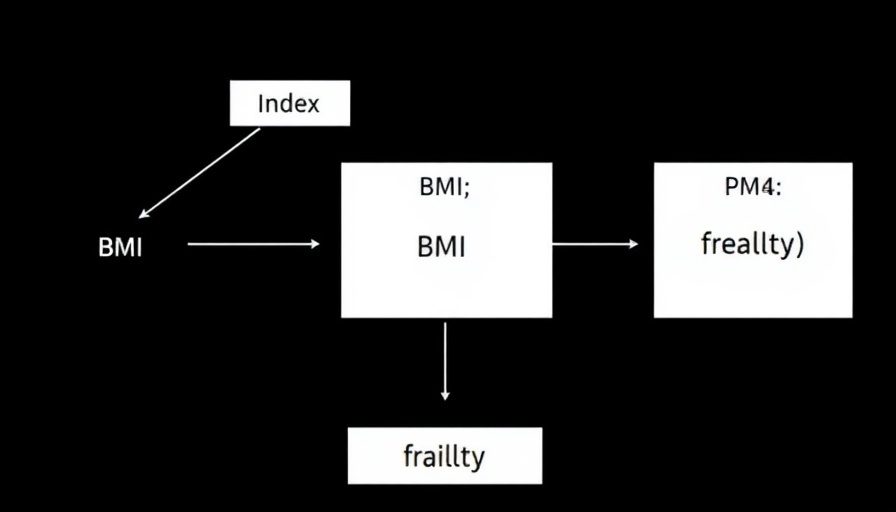
Redefining Nutritious Diets for a Sustainable Future
As discussions around climate change intensify, it is crucial to evaluate how our dietary choices impact the environment. A recent study focused on Norway delves into this issue by analyzing sustainable diets through the lens of the Nordic Nutrition Recommendations 2023 (NNR2023). The research demonstrates that less reliance on red meat and an increase in plant foods can help foster healthful, nutrient-rich diets while also mitigating our carbon footprint.
The Balancing Act of Nutritional Adequacy and Environmental Impact
Following a dietary optimization framework, the study aimed to strike a balance between maintaining nutritional adequacy and reducing the environmental impact of Norwegian diets. Researchers employed quadratic optimization techniques to explore various scenarios that factor in both health and environmental metrics. An intriguing finding revealed that simply adhering to NNR2023 nutrient and health constraints leads to only a modest decrease in global warming potential (GWP). This raises significant questions about the effectiveness of traditional dietary patterns when viewed through a sustainability lens.
Plant-Powered Solutions: The Role of Legumes
The results of the study indicate that incorporating legumes into diets can help achieve a more substantial reduction in GWP—up to 35%. This is a compelling invitation for health-conscious individuals to consider the benefits of plant-based ingredients not just for their longevity but also for their role in combating climate change. Adding legumes not only enriches the diet with essential nutrients but also lessens our ecological footprint.
Understanding the Barriers to Dietary Change
Despite the clear benefits of plant-focused diets, the relationship between cultural food practices and dietary changes in the Nordic region poses a unique challenge. Many new dietary recommendations confront not just individual preferences but also deep-rooted cultural attachments to traditional diets that include a significant amount of red meat. This interplay of cultural heritage and modern nutritional science will require nuanced communication and education to integrate sustainability into everyday eating habits.
Unlocking the Secrets of Cellular Longevity
For those passionate about health and longevity, understanding the components of a diet optimized for both nutrition and ecological impact is key. The interplay between the nutrients we consume and their role in cellular rejuvenation is of particular interest. Concepts such as the benefits of omega-3 for longevity, the role of NAD+ supplements in cellular health, and the potential of resveratrol as an anti-aging agent all intertwine with dietary considerations. Incorporating these insights into one’s lifestyle can bolster efforts to promote overall wellness and longevity.
Additional Considerations for Health-Conscious Consumers
In this era of wellness, individuals aged 30-55 are not just passive consumers of information; they are seekers of knowledge regarding the best supplements for aging, such as CoQ10 benefitting energy levels and collagen supporting skin elasticity. As we learn more about how diet affects both environmental sustainability and personal health, the expansion of options—like adaptogens for improved resilience to stress—plays a pivotal role in the journey toward holistic well-being.
Conclusion: A Call for Action
It’s increasingly evident that aligning our dietary choices with principles of health and sustainability is not only beneficial for the planet but also for our individual well-being. As the study on Norway’s dietary optimization shows, transitioning towards a more plant-based diet, with intentional incorporation of nutrient-rich foods such as legumes, can be a significant step towards a healthier and more sustainable future. Together, let’s explore these dietary adjustments and encourage a dialogue on how we can best implement sustainable practices into our daily lives.
 Add Row
Add Row  Add
Add 




Write A Comment